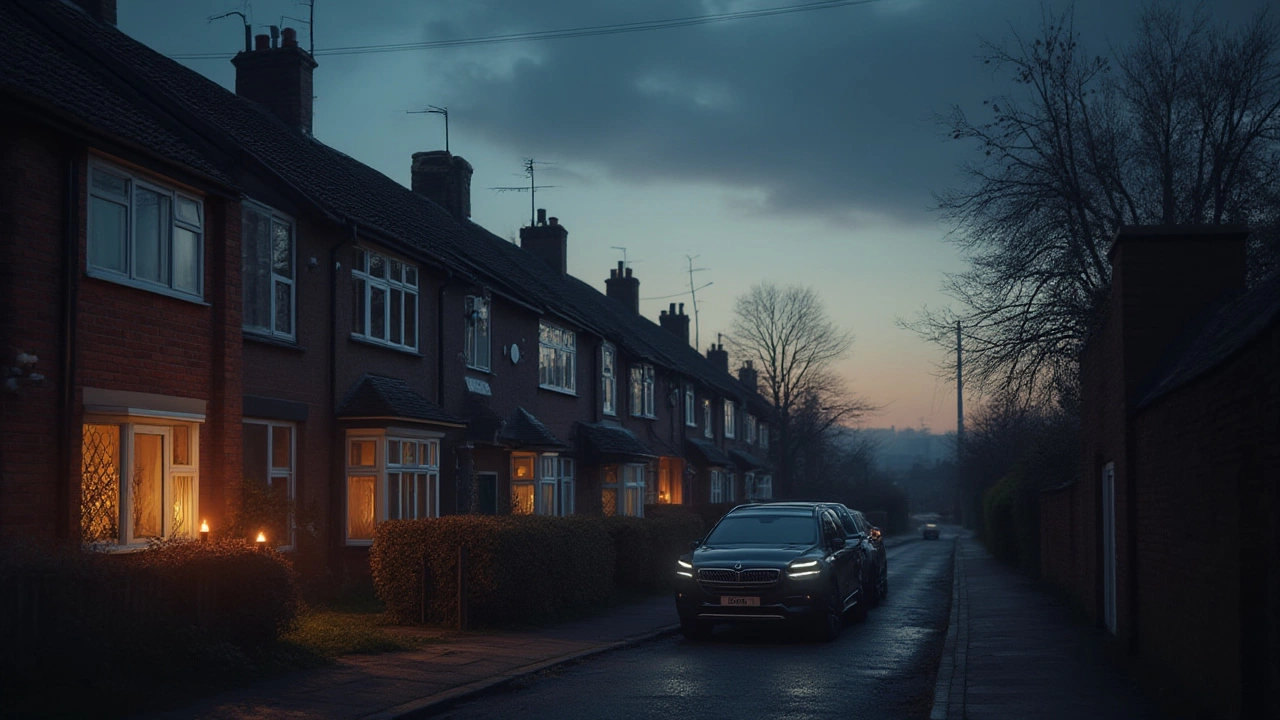If you’re buying a new CCTV system, the first thing that pops into your head is usually image quality or night vision. But the real hidden cost is electricity. A camera that looks great can also drain your power bill if you don’t understand how it works. In this guide we’ll break down the typical power draw of common cameras, show you where you can save, and give you practical tips to keep your system running smoothly without blowing your budget.
Most modern IP cameras run on 5‑12 volts and use anywhere from 2 to 6 watts when active. A basic indoor dome camera might pull 2 W, while a high‑resolution outdoor unit with infrared LEDs can reach 5 W or more. Multiply that by the number of cameras and the hours they run, and you’ve got a clear picture of your monthly consumption. For example, ten 4‑watt cameras running 24/7 use about 960 kWh a year – roughly the same as a small refrigerator. That’s why many homeowners are surprised when their electricity bill jumps after installing a full‑time surveillance system.
Here are three simple tricks that cut power use without sacrificing security:
1. Use Power‑over‑Ethernet (PoE) switches with low‑power settings. PoE delivers both data and power through a single cable, and many switches let you set a maximum wattage per port. Lowering the limit forces cameras to stay within a tighter energy budget.
2. Deploy motion‑activated recording. Instead of constant streaming, set cameras to record only when motion is detected. This can slash power use by 30‑50 % because the IR LEDs and processing chip idle most of the time.
3. Choose solar‑powered or battery‑backed models for hard‑to‑reach spots. A small solar panel paired with a low‑draw camera can run off the grid entirely, eliminating the need for a wired power line and the associated electricity cost.
Another often‑overlooked tip is to turn off or dim unnecessary IR illumination. Some cameras let you adjust the infrared strength, which is useful when you only need night vision for a few hours each night.
Bottom line: the electricity a security system uses is predictable, and every watt you save adds up over the year. By picking the right power source, tweaking settings, and using smart hardware, you can keep your property safe without paying a fortune for electricity.

Do CCTV cameras record without electricity? Uncover facts on power outages, backup options, and how to keep your cameras running when the grid goes dark.